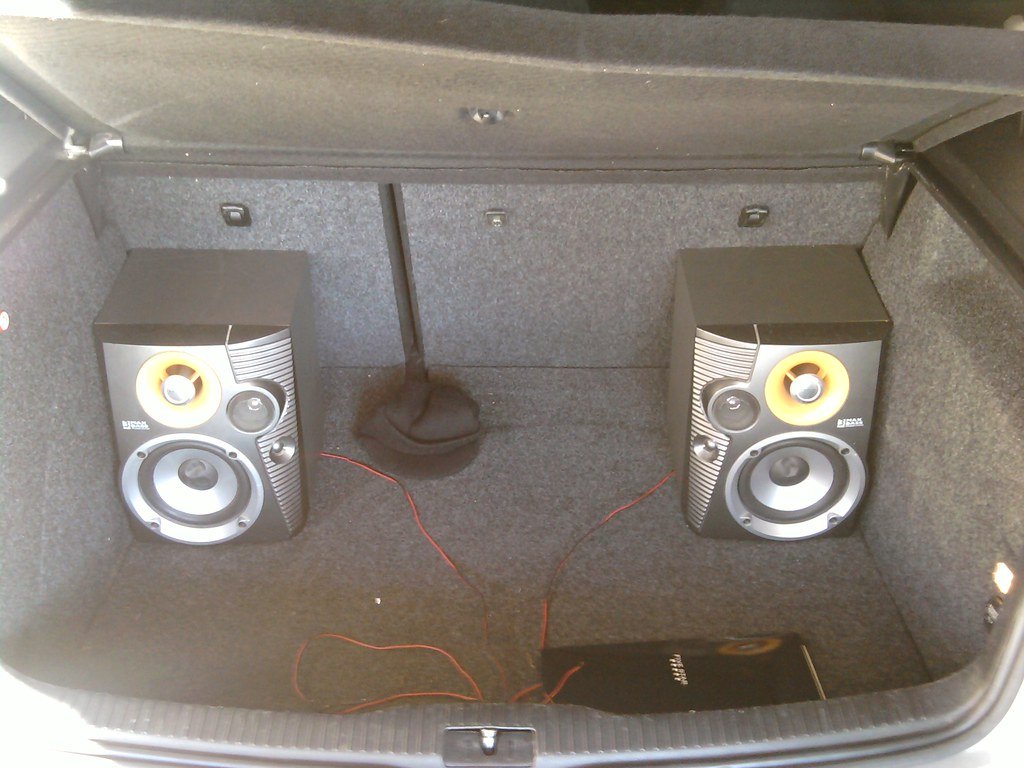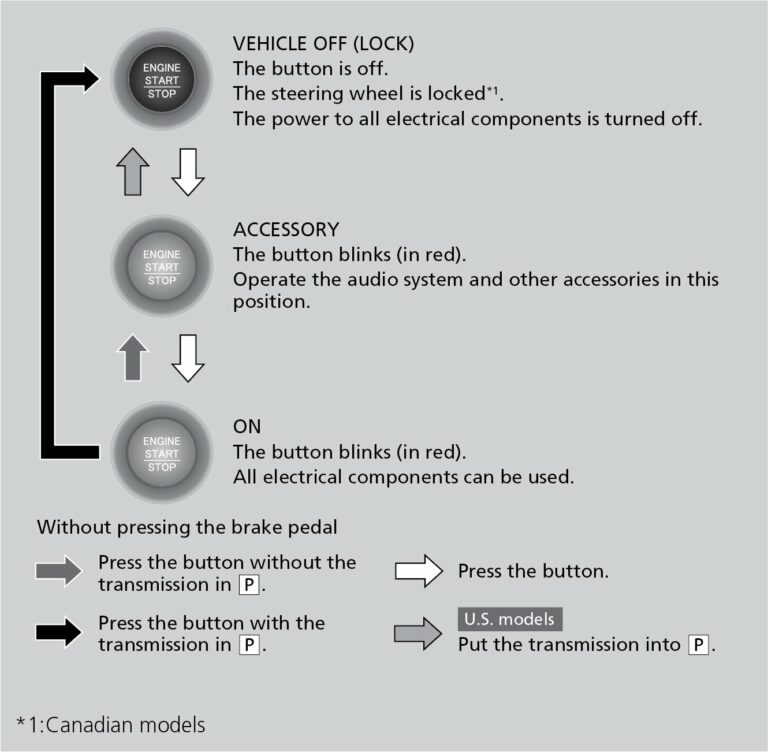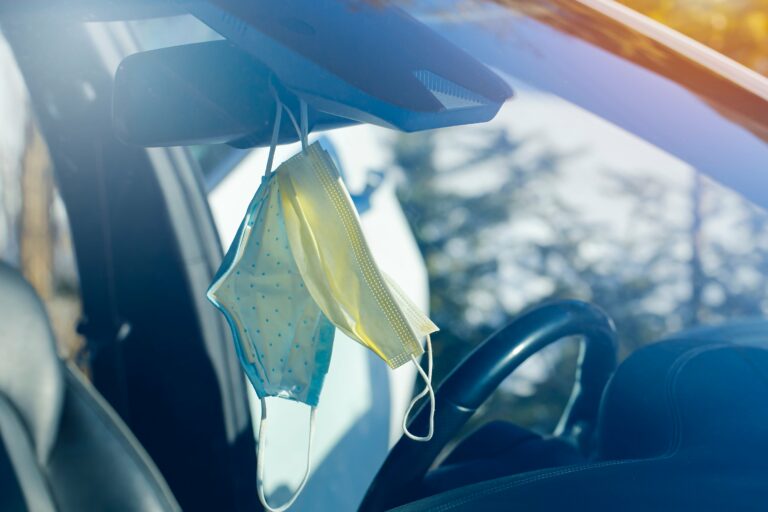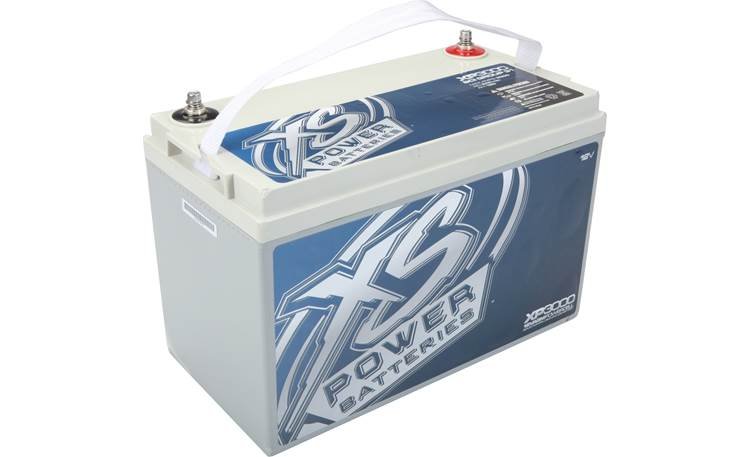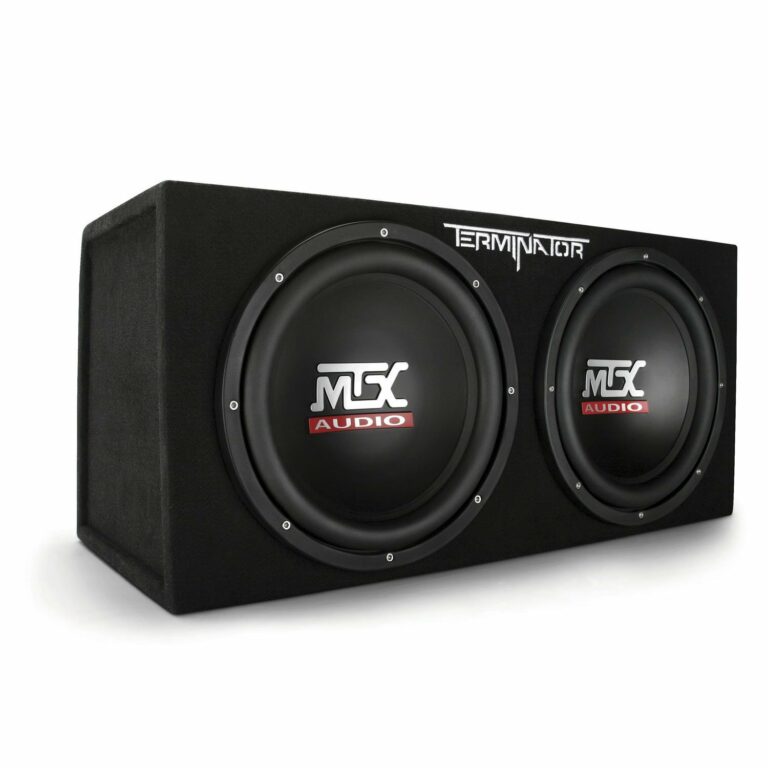Can I Use Home Speakers in My Car
Can I use home speakers in my car? The short answer is yes, you can! If you’re looking to upgrade your car’s audio system and don’t want to spend a fortune on specialized car speakers, using home speakers might be a viable solution for you.
While it may not be the most common approach, it can certainly provide a budget-friendly alternative that can significantly enhance your audio experience while on the road. So, let’s dive into the possibilities and explore how you can make the most out of your home speakers in your car.
Can I Use Home Speakers in My Car?
Have you ever wondered if you can use home speakers in your car? Maybe you have some extra speakers lying around, or you simply prefer the sound quality of your home audio setup. While it might seem like a convenient option, there are several factors to consider before attempting to use home speakers in your car. In this article, we will explore the possibilities, challenges, and potential solutions when it comes to using home speakers in your car. Let’s dive in!
Understanding the Differences: Home Speakers vs. Car Speakers
When it comes to audio systems, there are distinct differences between home speakers and car speakers. It’s crucial to understand these differences to determine whether using home speakers in your car is feasible or not.
1. Design and Construction
Home speakers are usually designed to be placed in fixed positions within a room, while car speakers are specifically engineered for the unique acoustic environment of a vehicle. Car speakers are built to withstand vibrations, extreme temperatures, and other challenges associated with being installed in a car. They are often smaller and more compact compared to home speakers, allowing them to fit seamlessly into the limited space available in a vehicle.
2. Power and Amplification
Home speakers and car speakers also differ in terms of power and amplification. Car audio systems typically operate on a lower voltage due to the car’s electrical system. On the other hand, home speakers require higher voltage power sources. Car speakers are often powered by dedicated car amplifiers that are designed to match the specific power requirements of the speakers, while home speakers require separate amplifiers or AV receivers to drive them.
3. Acoustic Environment
The acoustic environment within a car is vastly different from a home environment. Car interiors are filled with hard surfaces, which can cause sound reflections and distortions. To compensate for this, car speakers are typically designed with specific audio-tuning techniques. Home speakers, on the other hand, are optimized for room acoustics, where sound can bounce off walls, carpets, and furniture. The difference in acoustic environments can significantly impact the sound quality when using home speakers in a car.
Challenges of Using Home Speakers in a Car
While it might be tempting to repurpose your home speakers for your car audio system, there are several challenges you may encounter:
1. Power Compatibility
As mentioned earlier, home speakers require higher voltage power sources than car speakers. The electrical systems in cars are not designed to provide the necessary power for home speakers. This means you may need additional equipment, such as power inverters or dedicated amplifiers, to use home speakers in your car effectively.
2. Space Limitations
Car interiors have limited space compared to homes, especially when it comes to the installation of audio equipment. Home speakers tend to be larger and bulkier, making it challenging to find suitable mounting locations within a car. It’s crucial to ensure that the speakers fit properly and do not obstruct any essential elements like airbags or other safety features.
3. Sound Quality
While home speakers are designed to deliver immersive sound in a room, they may not provide the same audio experience in a car. The acoustic environment of a vehicle affects sound reproduction, and home speakers may struggle to perform optimally. This can result in audio distortions, uneven frequency response, and poor imaging.
4. Wiring and Integration
Integrating home speakers into a car audio system can be a complex task. The wiring requirements for connecting home speakers to a car’s electrical system may differ significantly from traditional car audio setups. You may need to modify or customize the wiring setup to ensure compatibility and proper functionality.
5. Safety Concerns
It’s important to consider safety when modifying any aspect of your car, including the audio system. Installing home speakers in a car may involve alterations that could compromise the structural integrity of your vehicle or interfere with safety features. It is essential to consult with professionals or seek expert advice to ensure the modifications are safe and compliant with regulations.
Possible Solutions and Alternatives
While using home speakers in your car presents challenges, there are possible solutions and alternatives to consider:
1. Upgrading Car Speakers
Instead of using home speakers, you can explore upgrading your car’s existing speakers. There are numerous aftermarket car speakers available that offer improved sound quality while considering the constraints of a car’s acoustic environment. Upgrading your car speakers can provide a better audio experience without compromising safety or compatibility.
2. Portable Bluetooth Speakers
If you desire better audio quality without modifying your car, portable Bluetooth speakers can be a convenient solution. These speakers are designed to be portable and wireless, allowing you to enjoy high-quality sound in your car without the need for complex installations. Simply connect the Bluetooth speaker to your smartphone or other audio sources, and you’re ready to go.
3. Car Amplifier and Processor
If you still wish to use home speakers in your car, investing in a car amplifier and signal processor can help address some of the challenges. A car amplifier can provide sufficient power to drive home speakers, ensuring optimal performance. Additionally, a signal processor can help fine-tune the audio output, compensating for the acoustic limitations of a car’s interior.
4. Seek Professional Help
For those determined to use home speakers in their car, seeking professional help is highly recommended. Professional installers have the expertise and knowledge to overcome challenges and ensure a safe and effective integration. They can guide you through the process, recommend suitable equipment, and address any concerns or complications that may arise.
While it may be tempting to use home speakers in your car, it is not a straightforward task. The differences between home speakers and car speakers, as well as the unique challenges associated with using home speakers in a car, make it a complex endeavor. However, there are alternatives and solutions available to enhance your car audio experience. Whether you choose to upgrade your car speakers, opt for portable Bluetooth speakers, or seek professional help, it’s important to consider safety, compatibility, and sound quality. Always prioritize the integrity of your vehicle and consult experts when making modifications.
How “not” to wire house speakers to your car
Frequently Asked Questions
Can I use home speakers in my car?
Yes, it is possible to use home speakers in your car, but there are some important factors to consider before doing so.
What are the differences between home speakers and car speakers?
Home speakers are designed to provide high-quality sound in a controlled environment, while car speakers are specifically engineered to perform optimally in the unique acoustic environment of a vehicle. Car speakers are typically smaller in size and built to handle the challenges of vibrations, temperature variations, and background noise in a car.
Can I connect my home speakers directly to my car’s audio system?
No, you cannot directly connect home speakers to your car’s audio system due to the differences in impedance and power requirements. Car audio systems have specific wiring setups and compatible speakers designed for automotive use. Attempting to connect home speakers directly may result in damage to both the speakers and the car’s audio system.
Is it possible to use a home amplifier with car speakers?
Using a home amplifier with car speakers is technically feasible but not recommended. Car speakers are designed to work efficiently with a car’s electrical system and built-in amplifier, which provides the appropriate power levels and impedance matching. Connecting car speakers to a home amplifier may not deliver optimal sound quality and can potentially damage the speakers or the amplifier.
How can I improve the audio quality in my car without using home speakers?
If you want to enhance your car’s audio quality, there are several alternatives to using home speakers. You can consider upgrading your car’s existing speakers to high-quality aftermarket options specifically designed for automotive use. Additionally, adding a subwoofer or an amplifier to your car’s audio system can significantly improve bass response and overall sound performance.
Are there any portable speakers designed specifically for car use?
Yes, there are portable speakers available in the market, specifically designed for use in cars. These speakers are smaller in size and designed to be easily mountable or attachable to your car’s interior. They usually come with features such as Bluetooth connectivity and rechargeable batteries, making them a convenient option for on-the-go audio enhancements.
Final Thoughts
In conclusion, using home speakers in a car can be problematic. While it may seem like a cost-effective solution to upgrade your car audio system, home speakers are not designed for the unique environment of a car. The acoustic requirements and power needs of a car stereo differ greatly from those of a home setup. Additionally, car speakers are specially designed to withstand the challenges of a moving vehicle, including vibrations and temperature fluctuations. Therefore, it is recommended to invest in car-specific speakers for optimal sound quality and durability while on the road. So, using home speakers in a car may not deliver the desired audio experience and could potentially damage the speakers in the long run.
